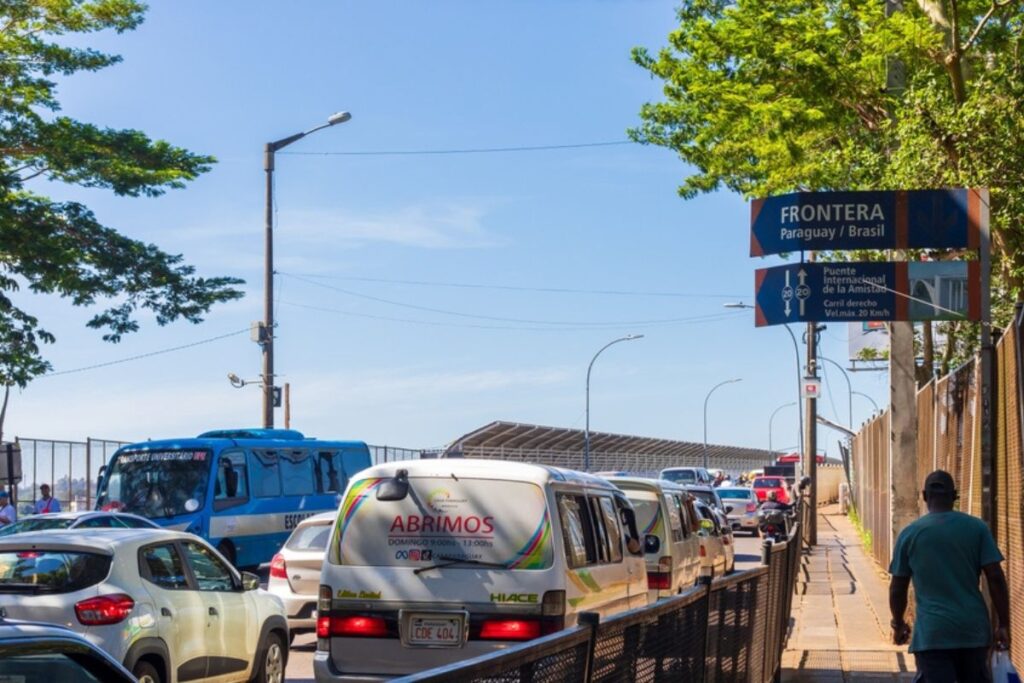From a global perspective, Paraguay and its 6 million inhabitants are not a focal point of interest in the region, with its richer and larger neighbors Brazil and Argentina capturing much more of the attention.
But the events along its borders always sound the alarm, as they have become well-known hotspots of drug trafficking and contraband, with some even accusing Paraguay of harboring terrorist organizations.
A new chapter of this saga started on May 28, when Paraguayan President Santiago Peña issued a decree authorizing the deployment of military forces to at least three Southern departments to “fight organized crime.”
From that day onwards, the departments of Itapuá, Misiones, and Ñeembucú, all bordering Argentina, were put under “gradual” military control, in what the government described as an emergency procedure to “restore normality” in areas affected by an “increase in illicit actions led by heavily armed criminal groups.”
Anticipating criticism, Defense Minister Óscar González said that the military would have a limited role that “will not mean an indiscriminate use of force” nor “allow their presence on the streets.”
Mr. González also ensured that the entire operation would occur “under the Prosecutor’s Office control,” and that troops would only be ordered to act in support of police officers “if necessary.”
Although recognizing that Paraguay’s borders are used as a passage for regional cocaine and marijuana traffickers, experts questioned the decision, pointing…
